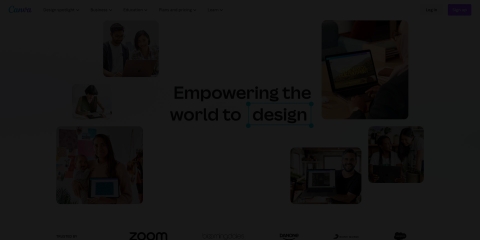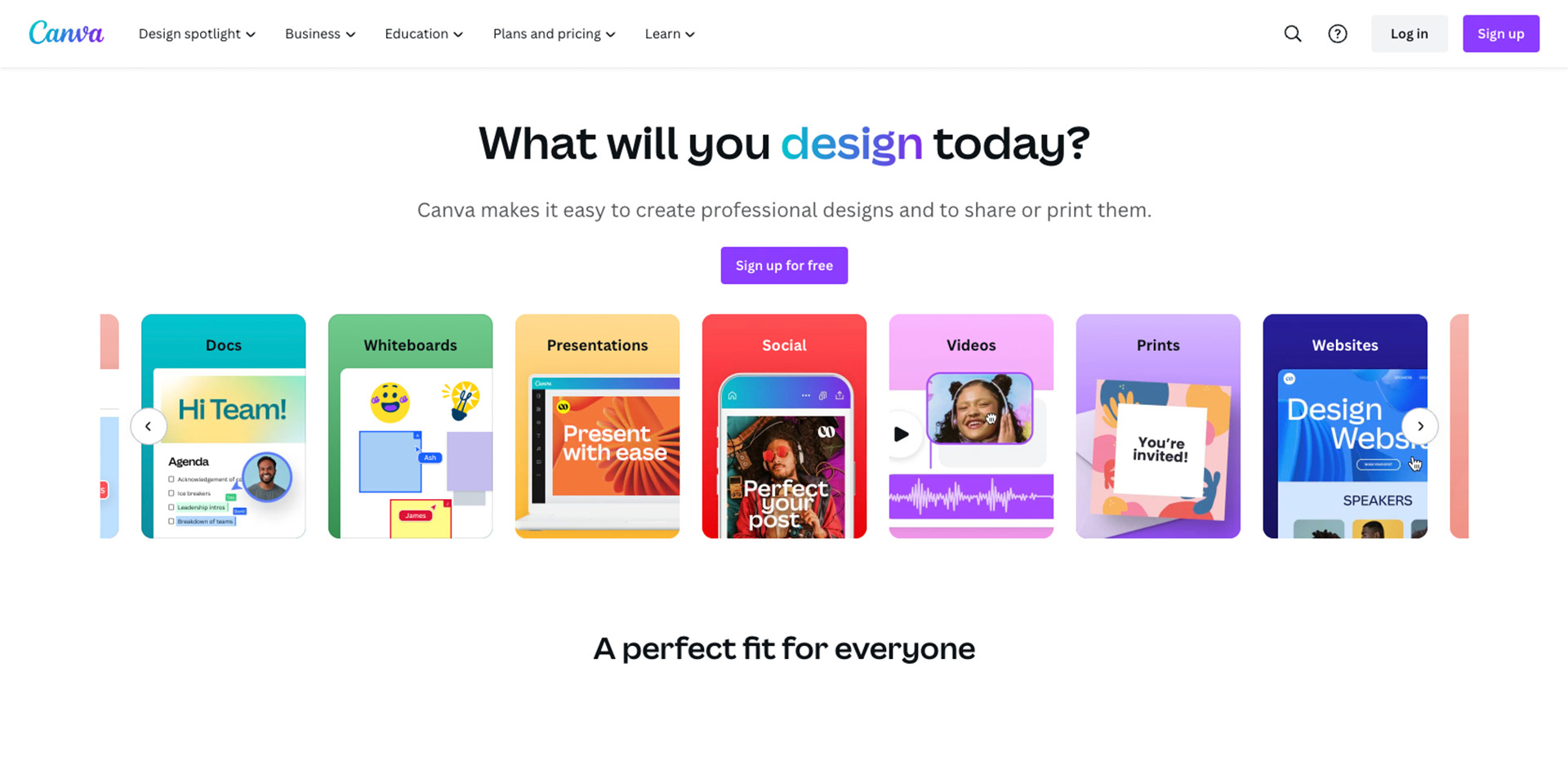Canva – should companies use it?
We will provide guidance on Canva and should companies use it?
Canva – Good or Bad?
The rise of Australian-owned Canva as a graphic design platform has been meteoric. Maybe you or your employees already use or are considering using it to promote your business. Yet, whilst many logos, marketing materials and social media content have already been created using Canva, you should know there are both pros and cons to relying on it 100 percent.
This article will examine both sides of the argument for using Canva.
Its subscription looks attractive (price-wise)
With many of the costs of doing business set to rise this year, Canva’s free and Pro subscription offers sure look promising. We understand that anything free seems attractive right now and basic Canva allows you to try out this graphic design tool without any investment.
Similarly, the pay monthly option costs £12.99 per month and does open up your options. You can create a brand kit of stored fonts and colours too. This assumes that you know the exact hex codes used in your company’s branding.
But, is there any such thing as a free lunch?
However, this design tool’s free or low price point does have its downsides.
The free version massively restricts your access to its range of stock photography, fonts and templates. This can leave you feeling frustrated after searching (possibly for hours) to find that desired element or image.
Should you find what you’re looking for, relying on Canva free or Pro versions also runs the risk of producing ‘cookie cutter’ designs. This reduces your chances of standing out from your competitors. They too could be using Canva. Ultimately, you may return to a professional design agency, feeling dissatisfied with Canva’s finite range of content.
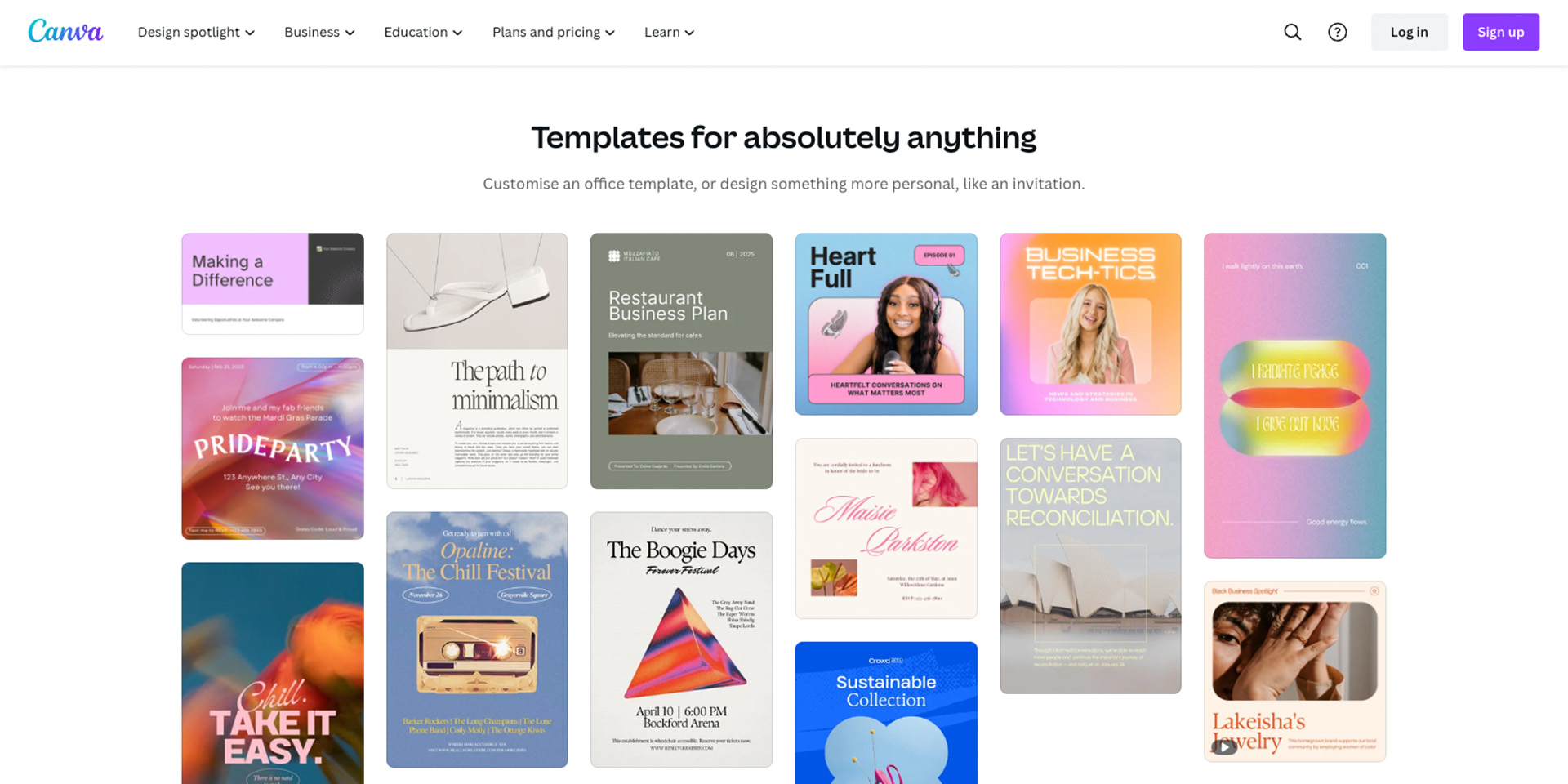
It’s easy to use
Canva is pretty much a drag-and-drop experience. Click on the preloaded templates or start from scratch to create a design. You can also move your chosen elements into a custom design with ease. This saves you from having to train your employees in other design software. Financial savings are a selling point of this platform for many businesses.
Sign up and you can spend hours experimenting with new designs and layouts. It offers a (potentially) overwhelming choice of options when designing printed or online materials.
It is only as good as the user
When you hire a design agency, you are hiring professionals who bring a wealth of experience and creativity to the table … aka your project. Keeping our finger on the pulse of the latest design developments, software and trends, business owners receive the benefit of this knowledge.
Need to ask someone a design-related question or looking to save time spent on failed designs by your employees? Pick up the phone and our award-winning agency is here to help you. Canva cannot offer such a service. Design says so much about your business’ professionalism … don’t limit your company to hours (if not days) of ineffective brainstorming and design revisions.
Hiring a designer will give you more than Canva provides, including:
- Added value
- Excellent client service
- Guidance from a human.
There is also something to be said for establishing a long-term working relationship with design and branding experts.
It offers professional-looking templates
There’s no doubt that Canva helps non-designers produce a slick look in their content and marketing materials. And, for many users, it has enabled them to create designs of far better quality than other low-cost tools previously available. The downside is that there is only a finite choice of fonts and design elements available – and so anything you use (even on the Pro plan) can be reproduced in theory.
Canva can have a place in your branding. It is good once a designer has created an on-brand template for you. This means that you will achieve a consistent style – but it is not a replacement for these professionals.
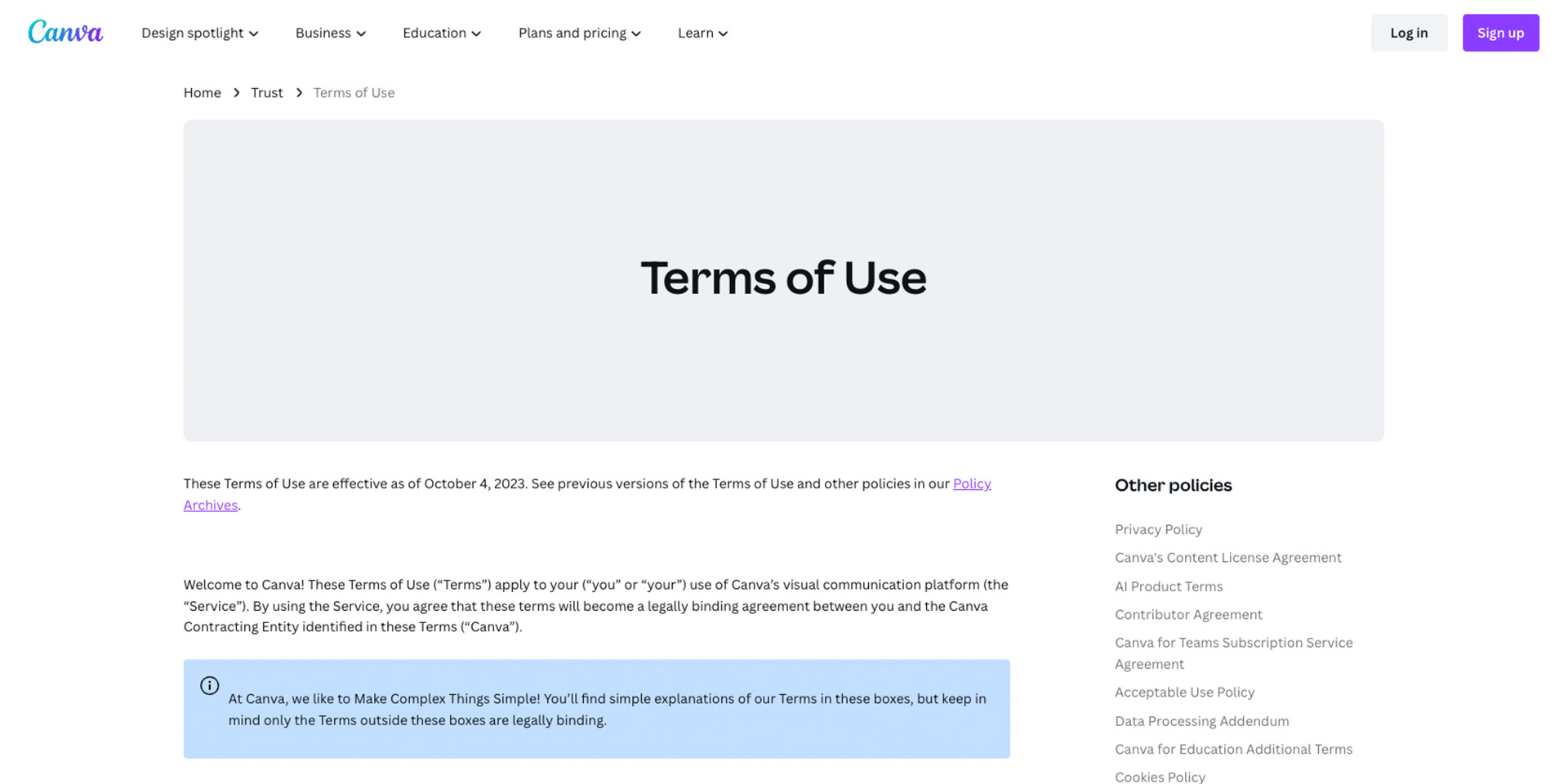
These easily replicated designs are owned by Canva (not you)
Having weighed up the pros and cons discussed above, you may have decided to go ahead and create a Canva account. Keen to produce content, presentations or marketing materials, you train your team in the basics, hold multiple meetings and create on-brand designs that everyone is happy with. Everything seems fine.
However, section 7.1 of Canva’s Master Services Agreement states that you the “Customer acknowledges and agrees that Canva owns or licenses all rights, title and interests (including Intellectual Property Rights) in the Services”.
Accepting these terms and conditions means that the account holders will not own the IP rights to their designs. Compare this with a typical agreement made between yourself and a reputable design agency. Whilst individual agreements vary, the client can normally retain the intellectual property of the final design(s) created. Whilst agencies can usually showcase your work to promote their services, you will have the reassurance that you own your commissioned designs.
Can you afford to take these risks?
Each of the three pro-Canva arguments discussed above can seem attractive to many businesses, especially given the disappointing forecasts for economic growth. But, for each advantage, there are clear reasons that warn you not to rely on this graphic design platform alone (reproduction of your designs by others, user limitations, signing away your intellectual property rights).
Get in touch
Has this guide given you design food for thought? Contact thefingerprint or call +44 (0)7740 348 521 to have a (human-centred) full-service design agency on your side.
If you are enjoying this article please read our blog Designing for Print – Does it Still Make Sense?, Fonts – why they are important to get right, Colour – Why Making the Right Choice Matters and Why You Should Invest In Professional Copywriting Services.
